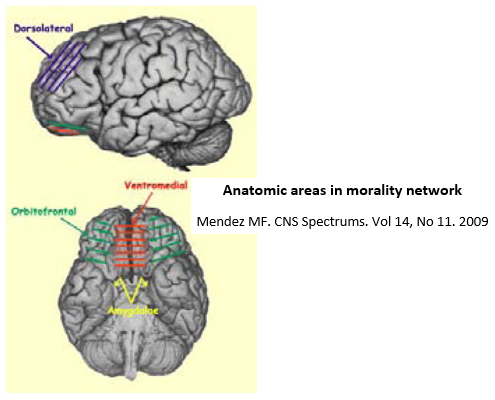- Revenue Cycle Management
- COVID-19
- Reimbursement
- Diabetes Awareness Month
- Risk Management
- Patient Retention
- Staffing
- Medical Economics® 100th Anniversary
- Coding and documentation
- Business of Endocrinology
- Telehealth
- Physicians Financial News
- Cybersecurity
- Cardiovascular Clinical Consult
- Locum Tenens, brought to you by LocumLife®
- Weight Management
- Business of Women's Health
- Practice Efficiency
- Finance and Wealth
- EHRs
- Remote Patient Monitoring
- Sponsored Webinars
- Medical Technology
- Billing and collections
- Acute Pain Management
- Exclusive Content
- Value-based Care
- Business of Pediatrics
- Concierge Medicine 2.0 by Castle Connolly Private Health Partners
- Practice Growth
- Concierge Medicine
- Business of Cardiology
- Implementing the Topcon Ocular Telehealth Platform
- Malpractice
- Influenza
- Sexual Health
- Chronic Conditions
- Technology
- Legal and Policy
- Money
- Opinion
- Vaccines
- Practice Management
- Patient Relations
- Careers
Morally Challenged: Neurological Insights
Sociopaths and those with chronic antisocial behavior seem to appear immune to other's emotions. A study of the neurological reactions of these patients might lend insights into how the rest of us handle the decision-making process.

When child molesters at private schools are caught, they often simply leave and go to another such institution. Then, when recognized again for what they are, the pattern is repeated.
Yes, the morally challenged replicate their indignities. In fact, we could say, their morals are in the basement, or even three or four floors below.
Recent studies tell us why. One researcher who examines this in depth, Mario F. Mendez from the David Geffen School of Medicine at the University of California, suggests that there is a brain neuromoral network that acts as an ethics guide. If it goes awry, moral judgement can be deficient. Unacceptable conduct follows.

This neuro-network is similar to the neuronal processes we use in daily decision-making. The difference is that one or more of the normal pathways has gone amiss. This can occur even before there is any detectable structural evidence in the brain as the abnormality can be simply in neurochemistry or wiring. In more advanced cases, however, the disease becomes widespread with greater destruction and Functional Magnetic Resonance Imaging (FMRI) studies are positive. One example is frontotemporal dementia. It can develop slowly and insidiously so it is barely detectable although morality might be compromised in this early state. Tumors and other conditions can also be contributors which present as poor judgement and it is only later in the disease that FMRI and other medical tests show concrete evidence of a brain gone awry.
Sociopathy or chronic antisocial behavior also are culprits. They differ from the conditions cited above in that instead of being acquired through a disease that develops later in life, each is at least in part genetic. Therefore, the tendency is present early on and considered developmental. Individuals with sociopathy lack empathy and remorse for their guilty acts. As a result, regret for an unlawful act is diminished.
The reason for this is revealed in laboratory studies. When sociopaths’ emotional responses to unpleasant photos are tested, they differ from controls. Their heart rate, skin conductance, and respirations change little compared to the responses of those without sociopathy. Skin conductance is a measure of the sympathetic branch of the autonomic nervous system. When it is stimulated, sweat gland activity increases, which in turn enhances skin conductance. Thus, skin conductance is a measure of emotional and sympathetic response.
Sociopaths also have a lesser emotional reaction to the suffering of others as well as a reduced sensitivity to unhappy or frightened expressions. All of this is consistent with the diminished function of the amygdale (or fear center) in sociopaths documented using FMRI.
As a composite, this evidence suggests that there is an inherent disrupted neuromoral network which contributes to lax moral behavior. Examining this condition more thoroughly may give clarity into the role it plays in morally corrupt individuals. Then, therapies could be innovated based on hard science.
